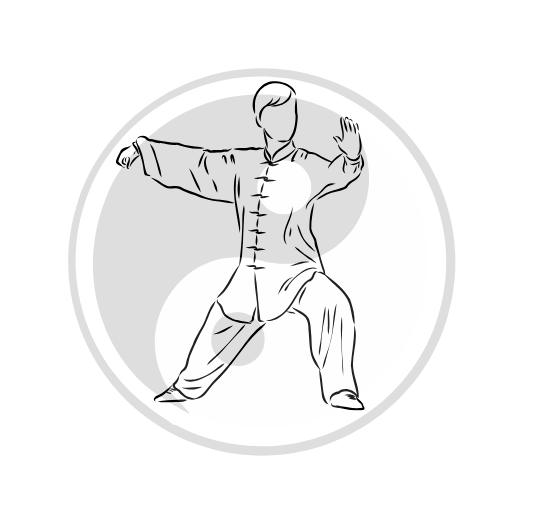Tai Chi Qigong Classes
What is Tai Chi Qigong
Our Classes are unique
Our classes are unique because they are appropriate for all levels of mobility and fitness and may be completed standing or sitting because everyone performs the identical movements.
We do our Tai Chi Qigong sessions always involving 3 aspects:
- BREATHWORK - we give some attention to how we’re breathing,
- BODYWORK - moving and at rest we get the chance to discover areas of tension in the body and relax them, including a little bit of self massage,
- MINDFULNESS - as we stay present and pay attention to what the breath and the body are doing.
You can opt to have a session that is a little more demanding or a little more relaxed because everyone is the greatest judge of their own body and knows how they are feeling on any given day.
The result is soothing, fulfilling, and beneficial.
Classes Information
We have three classes to suit everyone on the following days and times:
Thursday 10.45 to 11.45 am
Friday 10.30 to 11.30 am
Each class is just £5.50.
Join our classes on Thursday and Fridays and see how much Tai Chi Qigong can help provide presence and calm as well as strengthening physical form.
About our Tai Chi Qigong instructor
Stewart
Stewart has been in practice since 1992 and brings a wealth of experience and knowledge.
As a Senior Instructor with the Tai Chi Union for Great Britain CIC which was established to promote Tai Chi and Qigong as a fun health and activity he wants to continuously emphasise and impart the advantages of Tai Chi Qigong the benefits to your overall wellbeing.
He adapts his lessons to accommodate students of varying ability levels and fitness, and his enthusiasm for teaching comes from seeing participants' continuously improving posture, coordination, and confidence.
Learning and mastering subtle movements and delicate breathing techniques can be challenging but rewarding.
Stewart hopes that all class members will leave feeling that they’ve done something positive, feel refreshed and calm, and ready for whatever the rest of the day brings.


